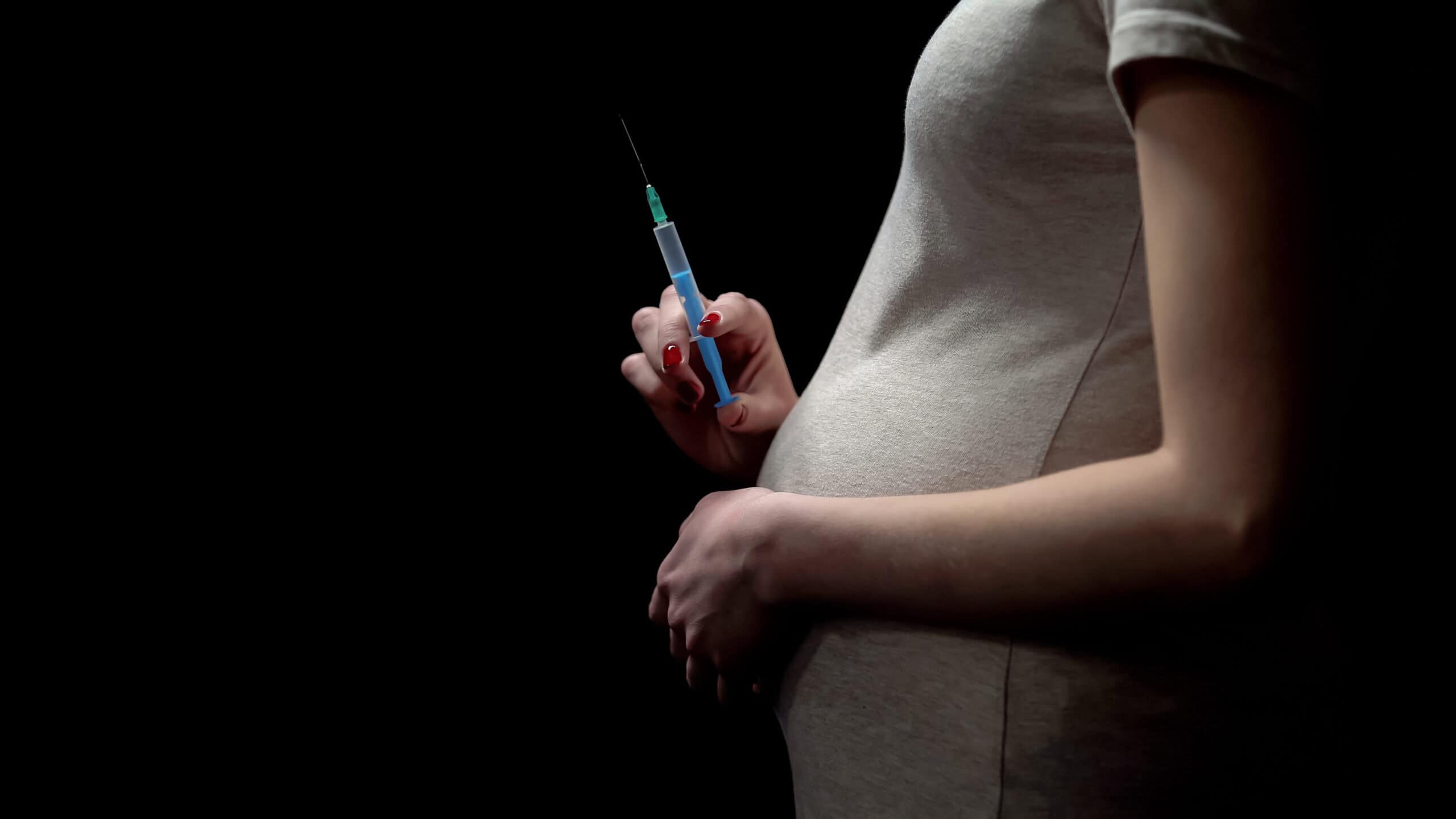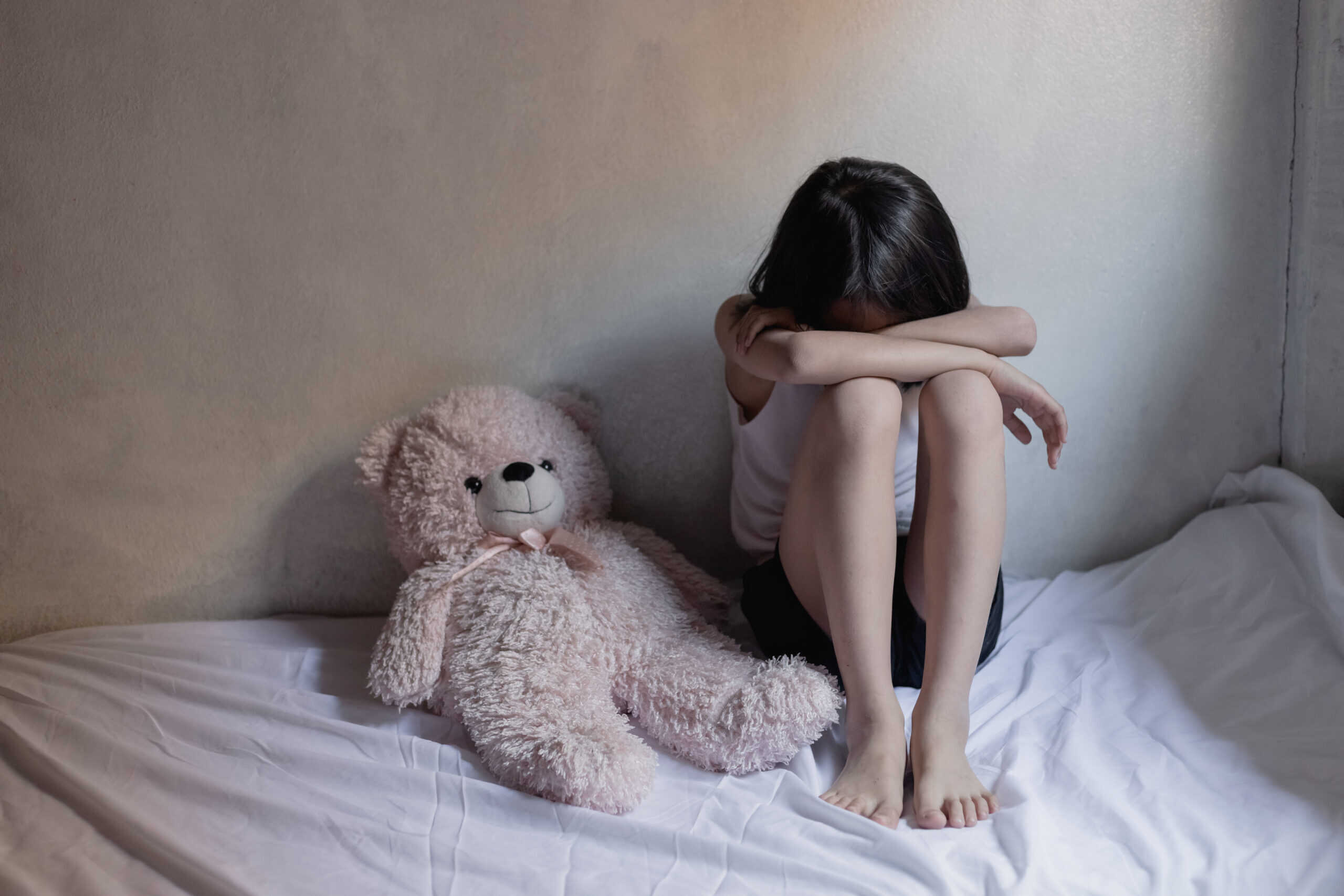Harm Reduction Makes Incursion into Massachusetts Hospitals

This article is the second in a two-part series examining Massachusetts’ largest healthcare network’s adoption of harm reduction drug policies, and how it puts babies in danger. To read Part One, click here.
Mass General Brigham loosened drug screening and reporting requirements for pregnant mothers and newborns earlier this month in the name of fighting racism.
The new policies require doctors obtain consent before performing drug tests on mothers or their infants but allow doctors to decide whether to alert social services when a newborn tests positive for drugs.
Mass General claims the policies will solve the “significant racial and ethnic inequities [of substance use disorder (SUD)]” — namely that black pregnant women are both more likely to be drug tested and more likely to be reported to social services than their white counterparts.
But the hospital’s policies don’t address racial inequities so much as follow federal recommendations to make drug addiction treatment easier to access.
The press release implies pregnant women addicted to drugs avoid treatment because they don’t want to lose custody of their children. In a comment to CNN, Mass General’s medical director for substance use disorder, Dr. Sarah Wakeman, singles out moms recovering from opioid addictions.
Doctors prescribe prescription opiates buprenorphine and methadone to help patients sustain sobriety from opioids. Pregnant women taking these prescriptions still risk losing custody of their newborn when the baby tests positive for drugs.
Mass General’s solution — eliminate mandatory reports to social services.
“[These policies] are really trying to uncouple this idea of substance abuse exposure as being equivalent to abuse or neglect and instead have our clinicians make an assessment of an individual patient,” Wakeman tells CNN, referencing a federal report from 2022 that concluded,
The Daily Citizen is all for incentivizing mothers to make responsible choices on behalf of their children, but that’s not what these policies do. They’re an incursion of harm reduction ideology into pediatrics that position the well-being of mothers — and Mass General’s public image — above the lives of preborn babies.
Harm reduction approaches to drug addiction focus on alleviating the harms of drug use — like losing custody of your children — rather than criminalizing it. The federal Substance Abuse and Mental Health Services Administration (SAMHSA) explains that harm reduction “empowers [drug users] to reach their own goals,” rather than encouraging sobriety. If a person does not want to enter substance abuse treatment, the harm reduction approach helps them continue using drugs “safely.”
One way harm reduction advocates seek to reduce the harm of drug use is by eliminating the legal consequences of doing them. The federal government did this in its 2022 report by creating language suggesting that doing drugs — including illegal drugs — during pregnancy isn’t necessarily child abuse.
Substance abuse while pregnant is always child abuse — regardless of a doctors’ prescription or a mother’s good intentions. Prescribed buprenorphine and methadone may be better for babies than unregulated doses of heroin, but they will still be born in addicted opioids. The resulting withdrawal (neonatal abstinence syndrome) causes irritability, crying, sneezing, stuffy nose, poor sleep, extreme drowsiness, yawning, poor feeding, sweating, tremors, seizures, vomiting and diarrhea.
Doctors know exceedingly little about these drugs’ effect on pre- and postnatal development. Some studies associated buprenorphine and methadone with premature births and birth defects.
Given the consequences of even prescribed medications on babies’ brains and development, drug use during pregnancy should always warrant an investigation by social services.
This is particularly true given what we know about the multifaceted nature of drug addictions. A fact sheet from the Dartmouth-Hitchcock Center for Addiction Recovery in Pregnancy notes,
Child welfare programs have the resources and training to spot these social and environmental that could contribute to a child’s abuse. Relying on doctors to determine whether a newborn is at risk of maltreatment based only upon the mothers’ medical history is dangerously naïve.
What’s more, child services investigations do not always result in a mother losing custody of her child. Even the federal report Mass General has based its new policies on cites a study from the Journal of the American Medical Association that finds,
The report also references two studies suggesting doctors can effectively reduce substance abuse during pregnancy by focusing on preventing drug use in the first place, including universal screening for alcohol and drug use — a policy Mass General just did away with.
Illegal drug use not only destroys the lives of the people using them, but those of their families, friends and communities. Reducing the legal and social consequences of consuming such substances is not effective, as had been demonstrated in San Francisco, Portland and Philadelphia.
It certainly shouldn’t be used as an excuse to reduce reporting requirements to an already inefficient child welfare system, inevitably allowing babies whose mothers can’t care for them slip through the cracks.
Additional Articles and Resources
Massachusetts Hospital Network Loosens Reporting Requirements for Prenatal Drug Use
Philadelphia Legislators Tackle Drug Crisis, Face Opposition from Harm Reduction Groups
Bipartisan Vote Balances Compassion and Law-and-Order in San Francisco
Oregon Lawmakers Vote to Recriminalize Hard Drugs
Citizens Turn Against Lax Drug Laws as Consequences of Drug Addiction Overwhelm Communities
ABOUT THE AUTHOR

Emily Washburn is a staff reporter for the Daily Citizen at Focus on the Family and regularly writes stories about politics and noteworthy people. She previously served as a staff reporter for Forbes Magazine, editorial assistant, and contributor for Discourse Magazine and Editor-in-Chief of the newspaper at Westmont College, where she studied communications and political science. Emily has never visited a beach she hasn’t swam at, and is happiest reading a book somewhere tropical.
Related Posts

The Refreshing Patriotism of Olympian Jasmine Jones
February 13, 2026

Colorado Committee Kills ‘Children Are Not for Sale Bill’
February 13, 2026

Washington School District Buries Female Wrestler’s Sexual Assault Complaint Against Male Opponent
February 12, 2026

“Who Am I?”: James Van Der Beek’s Final Answer
February 12, 2026
